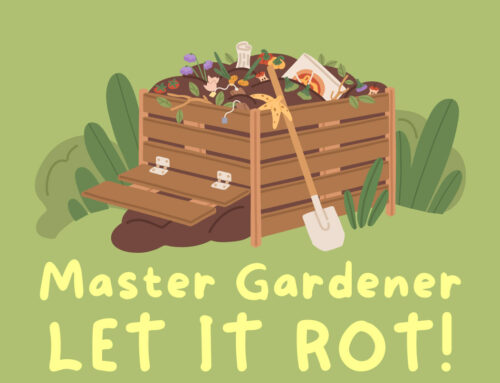If it was up to me, every Tom, Dick and Harriet convicted of a minor criminal offense would be shackled together on a never-ending highway cleanup gang or forced to fill in every pothole from here to Oklahoma as a way to pay back society for their crimes. And I’ve got even more cruel and unusual ideas for the hard-core offenders.
Yes, as I lean back in my living room chair and reach for the remote control, I’ve got plenty of answers to what ails our society. And up until January of this year, that was the extent of my personal crime-fighting program: a lot of talk, a little action (flipping newspaper pages and television stations), and no tangible results.
Well, earlier this year, I received the opportunity to change all of that when I was selected as one of 12 members of the Dallas County Grand Jury, Panel B-2.
Throughout January, February and March, my grand jury met every Tuesday and Thursday beginning at 8:30 a.m. and finishing about 12:30-1 p.m.
The grand jury isn’t supposed to be a “hang’em high” group – instead, our job was to hear preliminary evidence about felony crimes and defendants and determine whether enough evidence exists to require the accused to stand trial.
As a group, we made those decisions 1,177 times over the course of 12 weeks, spending an average of about five minutes on each case. Many times, to be honest with you, it only took a minute or two to decide someone’s fate. That’s not much time, is it, to change someone’s life?
As part of our duties, we heard accusations about a knife fight over a can of beef stew. We heard facts about driveway gunfights in residential neighborhoods. We saw pictures of child abuse, spouse abuse, even parent abuse. We passed judgment on a man who claimed his friend had a bomb at Love Field (just a jovial yuckster, it turned out). We heard testimony about a cat-napper. We indicted one man for killing a police officer.
We toured the Lew Sterrett Justice Center, where the County locks up criminals. We even sampled jail-house cuisine (which I would rate about on par with your lower-priced microwave dinners except, of course, for the ambiance).
As for the lessons from this exercise in civic responsibility:
- Race wasn’t much of an issue in any of our deliberations. We had a racially mixed panel, but people treated each other like human beings rather than Crayons. I guess maybe my fellow grand jurors and I should band together and run for City Council or the Dallas School Board.
- Most of the testimony we heard involved acquaintances, friends or family mistreating each other. To be sure, random victims were well-represented, but I feel quite a bit safer now knowing that none of my extended family lives in the Dallas area.
- We heard many, many tales about knives, guns, vacuum cleaner hoses, baseball bats and other seemingly mild-mannered objects taking matters into their own hands, so to speak. More to the point, a very high number of those accused, and a surprising number of those victimized, seemed to believe that “people don’t hurt people, objects do.”
- It’s pretty clear that our police officers are wasting way too much time answering domestic disturbance calls. It was particularly galling when the spouse/companion who made the 911 call would testify before the grand jury that whatever offense he or she had reported in the heat of the moment really was a big “misunderstanding.” (This testimony often came despite bulging black eyes and visible gashes across foreheads and arms.) I suggested to another juror that every time someone calls 911 and later recants the call, the City should send the caller a bill for $250 to help cover police department overhead and maybe help reduce the number of “misunderstandings.”
One comment stood out from three months’ worth of hearing people talk about lying, cheating, stealing and killing.
During our delicious jail-house meal, the man who runs the County jail was asked what needs to be done to curb crime.
Surrounded by what I presume is state-of-the-art crime-fighting equipment, trained crime-prevention personnel, motivated judges and prosecutors and who knows what else, his cure for what seems to be ailing us these days was pretty simple.
“I think we need parents more involved with their kids, and I think we need more people going to church.”
After three months as part of the criminal justice system, I rest my case.





